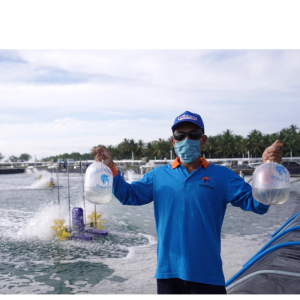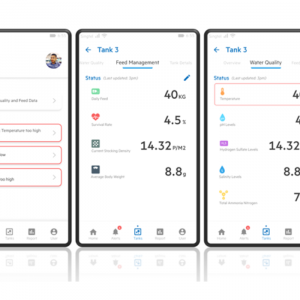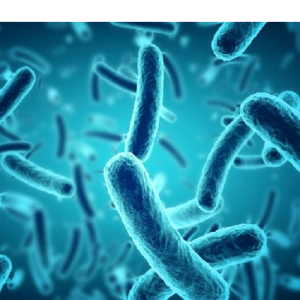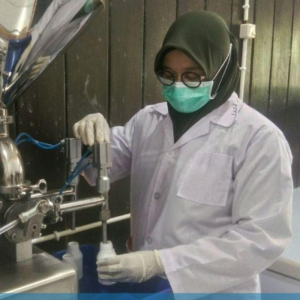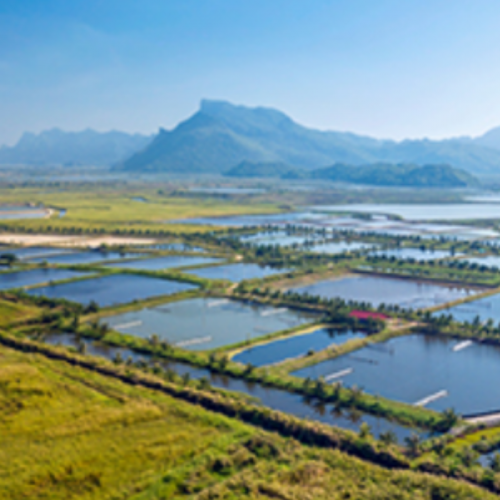
Sustainable Fisheries Partnership Unveils New Aquaculture Improvement Toolkit
| Fri, 27 Sep 2019 - 10:47
The Sustainable Fisheries Project (SFP) announced on 25 September that a new aquaculture improvement project (AIP) Toolkit has been created to foster improvements in the aquaculture industries.
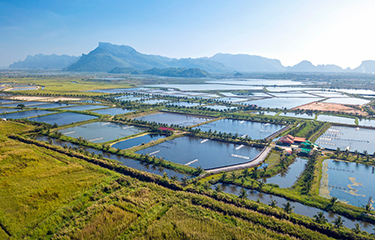
The toolkit, which is an online resource, provides a step-by-step guide on how to initiate an AIP, from the initial identification of the need for one to scoping what the project could be. An AIP is similar to a fisheries improvement project (FIP); a multi-stakeholder process between industry and other entities to reduce the environmental impacts and risks associated with aquaculture.
“Compared to FIPs, the concept of an AIP is relatively new, less familiar, and far less established within the seafood industry,” Dave Martin, deputy division director of programs at SFP, said in a release. “However, they are an equally important mechanism for the supply chain to support industries along the journey toward sustainability.”
The SFP has adapted the AIP toolkit from existing guidelines for FIPs – created by the Conservation Alliance for Seafood Solutions – mirroring the style of current guidelines from SFP.
The toolkit also suggests that the Food and Agriculture Organization’s Ecosystem Approach to Aquaculture should be taken into account, and that AIPs should operate on a “scale beyond the farm level and focus on improved management at the resource, watershed, or landscape level.”
“We aren’t reinventing the wheel here. We’ve taken a model that is well-known to industry – the FIP model – and adapted it to the unique challenges of aquaculture,” SFP CEO Jim Cannon said. “Many of the steps in an AIP mirror the core attributes of a FIP: public supply chain commitments, published needs assessments, workplans with time-bound objectives, and regular public reporting of progress.”
The entire toolkit is available online, as well as supplemental reports co-published by the SFP, Conservation International, and the University of California Santa Barbara’s Sustainable Fisheries Group.
Source : Seafood Source













